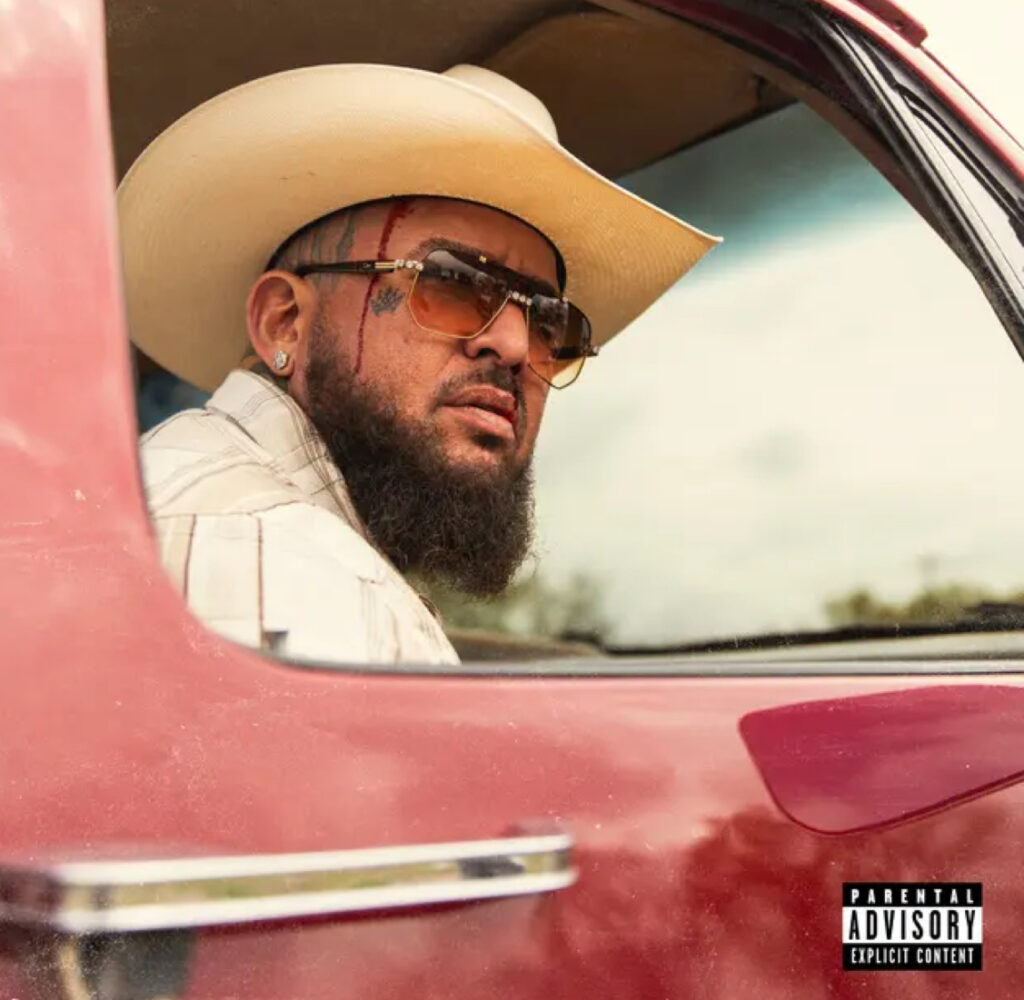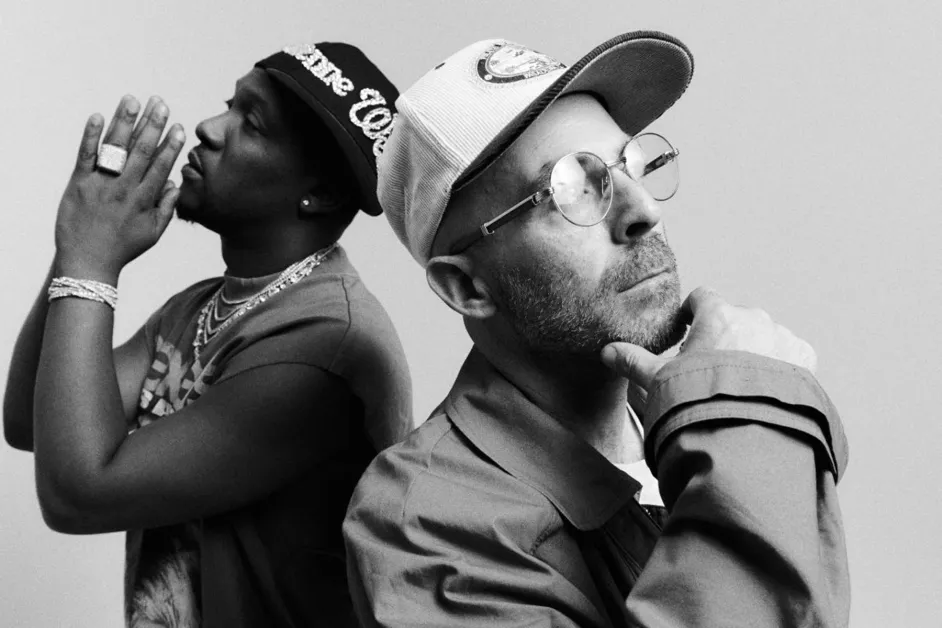In the silhouette margins of Southern hip-hop, where outlaw imagery bleeds into gospel cries and rusted pickup trucks double as confession booths, a new track emerges like a dusty psalm from a forgotten roadside chapel. “I Swear” — the collaborative single by Yelawolf, J Michael Phillips, and Naysty — is less a song and more a declaration: part ghost story, part war cry, part elegy. It marks a creative reckoning for three distinct voices steeped in different textures of Southern storytelling, welding bluesy emotion with hip-hop rawness in a track that feels both cursed and consecrated.
Verse and Vision: Southern Gothic Through the Mic
Yelawolf, long regarded as the genre’s backwoods preacher of poetic sedition, plays the anchor here — his cadence as swamp-thick as ever, but sharpened by years of sonic experimentation. “I Swear” offers the kind of lyrical depth he honed on Trunk Muzik III and the country-blues inflections from Love Story, but it digs deeper. Yelawolf’s opening bars conjure images of redemption and regret like a man flipping through pages of a Bible scorched at the corners. His performance is a spiritual struggle, not unlike Johnny Cash’s late-era musings: weary but ferocious, wounded but unrepentant.
J Michael Phillips enters like a crooner mourning in slow motion — his voice a blend of prayer and promise. Known more for his haunting solo compositions that marry folk and cinematic Americana, Phillips brings emotional clarity to “I Swear,” especially in the chorus, where his tone nearly breaks with sincerity. His vocal timbre leans toward the acoustic intimacy of Chris Stapleton, yet filtered through a Southern noir sensibility — like an old hymn corrupted by whiskey and the memory of war.
And then there’s Naysty, the sonic wildcard. His verse fractures the track’s pacing — aggressive, serrated, unflinching. His flow, while more contemporary in cadence, rides the beat like a storm-ravaged Dodge Charger on a Tennessee backroad. Naysty brings a sense of present urgency, balancing the spiritual weight of his collaborators with a visceral, on-the-ground energy. He doesn’t just reflect on sin and survival — he spits it out like buckshot.
Production: Bones, Bass, and Baptism
Musically, “I Swear” is not satisfied with resting in one genre’s grave. The instrumental opens with ghostly slide guitar, as if pulled from a haunted delta blues session. But beneath that, the 808s are thunderous — ritualistic, almost tribal. The production crackles with static and gospel ambiance, a deliberate gesture that makes the track feel not only aged, but ancestral. It’s reminiscent of early OutKast meeting the cinematic grit of a Southern rock requiem.
The song’s architecture embraces distortion and texture: tambourine jangles, church bells, subtle banjo plucks layered beneath heavy reverb — all evidence of a sonic world built with intention. It’s a soundscape that embraces contradiction: slick yet raw, clean yet corrupted. The hook, centered around Phillips’ almost whispered refrain of “I swear I won’t go back again,” echoes with both solemn promise and desperate defiance.
Lyrical Themes: Blood Oaths, Broken Paths, and Redemption Arcs
What makes “I Swear” compelling is not just its sound, but its unflinching lyrical gaze. It’s a song about return — not to home, but to hurt. About leaving behind the pain that shaped you, while still wearing its scars like medals. The track’s recurring motif of swearing — an oath to oneself, to God, to ghosts — provides emotional propulsion. The word becomes incantation: “I swear I won’t break / I swear I won’t bend / I swear I won’t fall like my father again.”
These lines cut through the noise of machismo that often clouds Southern rap. Here, vulnerability is not weakness — it’s law. Regret is not a footnote — it’s the entire sermon.
Yelawolf’s verse reflects on cycles of violence, inherited trauma, and the double-edged sword of legacy. There’s a moment where he alludes to “driving through the fog of my past in mama’s Buick,” a haunting metaphor that underscores how memory — like the South itself — is both holy ground and minefield. Phillips counters this with imagery of rivers washing sins downstream, while Naysty zeroes in on the chaotic present: pills, parole, pressure.
Together, they’re not offering a solution, but a confession — the kind that stains your hands even as you raise them in surrender.
Cultural Significance: Grit Over Gloss
“I Swear” arrives in a landscape where Southern hip-hop is again redefining itself. No longer boxed into trap clichés or country rap pastiche, artists like Yelawolf and collaborators such as Phillips and Naysty are pushing into richer, more dangerous territory. This track doesn’t chase chart positions — it digs up roots. It belongs in a playlist next to Jelly Roll, Kevin Gates, and even the more philosophical edges of Post Malone, but it operates in its own haunted key.
What makes it resonate is its refusal to sanitize its Southernness. It embraces mud, myth, and melancholy. There are no yachts or luxury cars here — only broke-down Cadillacs and childhood trauma. It’s Americana hip-hop. Delta gospel rap. Trailer park soul. And it’s unafraid to say: this is who we are, scars and all.
Closing Thoughts: An Oath Etched in Bone
“I Swear” is not the anthem of a generation — it’s the confession of a generation trying to remember where it buried its pain. In a culture obsessed with forward momentum and reinvention, Yelawolf, J Michael Phillips, and Naysty instead stop and stare at the wreckage. They tell the truth. Not a curated one, but one cracked and flayed. The song doesn’t ask for sympathy. It demands you listen.
In that demand lies its power — and its poetry. This is not just Southern hip-hop. It’s Southern literature set to a beat. A song not for clubs or playlists, but for porches, prisons, and long drives under thunderclouds.
And for those who’ve been there — really been there — the refrain won’t just play in your ears.
It’ll haunt your blood.
No comments yet.








